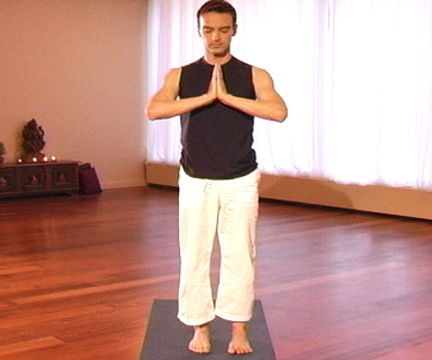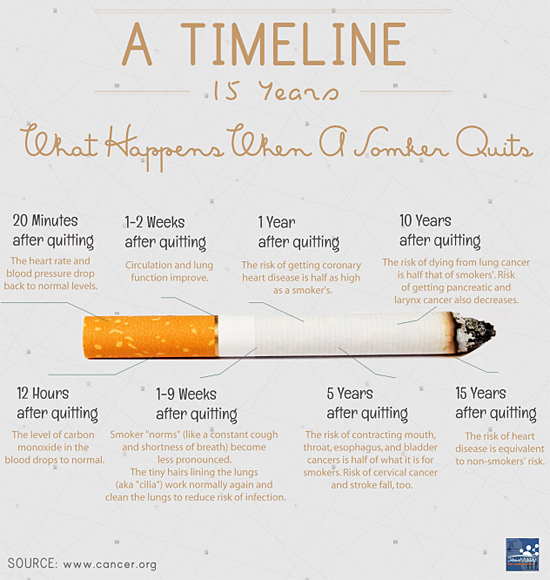It’s a common mistake to believe a person with good self-esteem has a big ego. In fact, an overly large or sensitive ego may be the result of someone having a low personal opinion of self. This is actually a weaker position than having good self-esteem, because living with a positive self-image means not taking life’s inevitable challenges and troubles so personally.
That being said, having good self-esteem is easier said than done, especially for those struggling with different forms of mental conditions, such as depression and anxiety. Anxiety disorders are the most common mental illness in the United States, affecting more than 35 million adults, according to the Anxiety and Depression Association of America (ADAA).
Chronic feelings of worthlessness and fear are difficult to cope with. Individuals battling these emotions often find themselves self-medicating with alcohol, drugs or prescription medication. Over time, this can unwittingly evolve into addiction, which only adds another layer of dysfunction on an already troubled mind and body.
Appreciating your self-worth is a powerful tool in navigating life. People with good self-esteem take pride in their accomplishments and abilities. They understand that everyone makes mistakes and has faults, and that these are not the elements that define us as individuals. Sometimes getting and maintaining self-esteem takes work, but the benefits always outweigh the costs.
Here are 7 Tips for Improving Your Self-esteem
1. Do not compare yourself to others – this is a dead end road. First, we can never truly know what another person is thinking, feeling or experiencing even if they seemingly “have it all.” Second, there’s no positive gain by thinking that we’re better or worse than another person. It’s simply not true.
2. Take time and explore yourself – self-exploration is incredibly useful in gaining good self-esteem. Knowing what our strengths and weaknesses are can help us develop skill sets to cope in life. It can also open us up to experiences and opportunities we weren’t previously aware of.
3. Be realistic – the unrealistic expectations that many of us place on ourselves add to a negative self-image. If we’re constantly failing, then we must be failures, right? Wrong. Being realistic is understanding that we all make mistakes and sometimes we fail. Use it as a lesson, pat yourself on the back and set more realistic goals for yourself.
4. Take care of yourself – this can be many things, but examples can be, exercise, sleep, do your best to eat right and avoid overly indulging. Our physical well-being plays an enormous role in our mental health. If you’re sick, don’t go to work. See a doctor and get the rest that your body and mind need.
5. Protect your space – setting boundaries for yourself can help in avoiding negative situations and feelings. Life is too short to waste on people that make us feel bad about ourselves or who insist that we participate in destructive behaviors with them.
6. Be mindful of yourself – meditation can help calm our minds and know ourselves on a deeper level. 5 to 20 minutes of mindful meditation a day reduces stress and has actually been shown to reduce physical pain in the body. This adds up to better health all around.
7. Forgive – while you’re going easy on yourself, don’t forget to realize that others make mistakes, too. Resentments can pile up and lead to chronic feelings of anger, which affect our outlook of other people and ultimately of ourselves.
Having good self-esteem doesn’t always come naturally, and almost always takes practice. There are other tools to improve self-esteem, such as Cognitive Behavior Therapy (CBT). This therapy works on the principle that if you change your thinking, you will change how you feel, and as a result, how you interact with the world. It is very effective.
No matter the approach to obtaining it, a good self-esteem will alter the way you feel about yourself and improve your everyday life.
Appreciating your self-worth is a powerful tool in navigating life.









